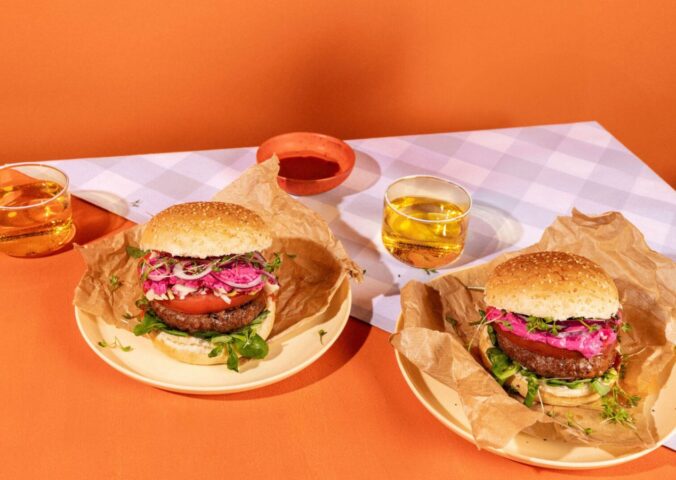Oil from microalgae could be a healthier, more environmentally sustainable substitute for palm oil, according to a new study.
In the February issue of the Journal of Applied Phycology, researchers at Nanyang Technological University (NTU) in Singapore described how they produced oil from microalgae and discovered positive health benefits in comparison to palm oil.
Oil derived from microalgae – photosynthesizing microorganisms that live in salt- or fresh-water – contains more polyunsaturated fatty acids (which reduce cholesterol) and fewer saturated fatty acids than palm oil.
Microalgae is also environmentally sustainable: it is ubiquitous underwater, naturally regenerative, and harvesting it has little impact on the natural environment. Palm oil extraction, in contrast, is a notoriously large contributor to deforestation, threatening countless animal habitats, notably orangutans, pygmy elephants, and Sumatran rhinos.

William Chen DSc, director of NTU’s Food Science and Technology Program, said: “Developing these plant-based oils from algae is yet another triumph for NTU Singapore as we look to find successful ways to tackle problems in the agri-food-tech chain, especially those that have an adverse impact on the environment.
“Uncovering this as a potential human food source is an opportunity to lessen the impact the food supply chain has on our planet,” Chen said.
Rising palm oil production
At present, palm oil is an ingredient in around half of all consumer products – both edible and inedible – with farmers producing 77 million tonnes of palm oil in 2018 alone. This number is expected to rise to 107.6 million tonnes by 2024, despite recent global recognition of palm oil’s detrimental impacts.
In 2012, the UK government committed to ensuring that 100 percent of palm oil used in the UK would come from sustainable sources. By 2019, the UK reached 70 percent of total palm oil imports being sustainable.
NTU is at the fore of food innovation. June 2021 saw the launch of its new undergraduate course dedicated to meat alternatives, created in partnership with the Good Food Institute Asia Pacific – the first course of its kind in Southeast Asia.






